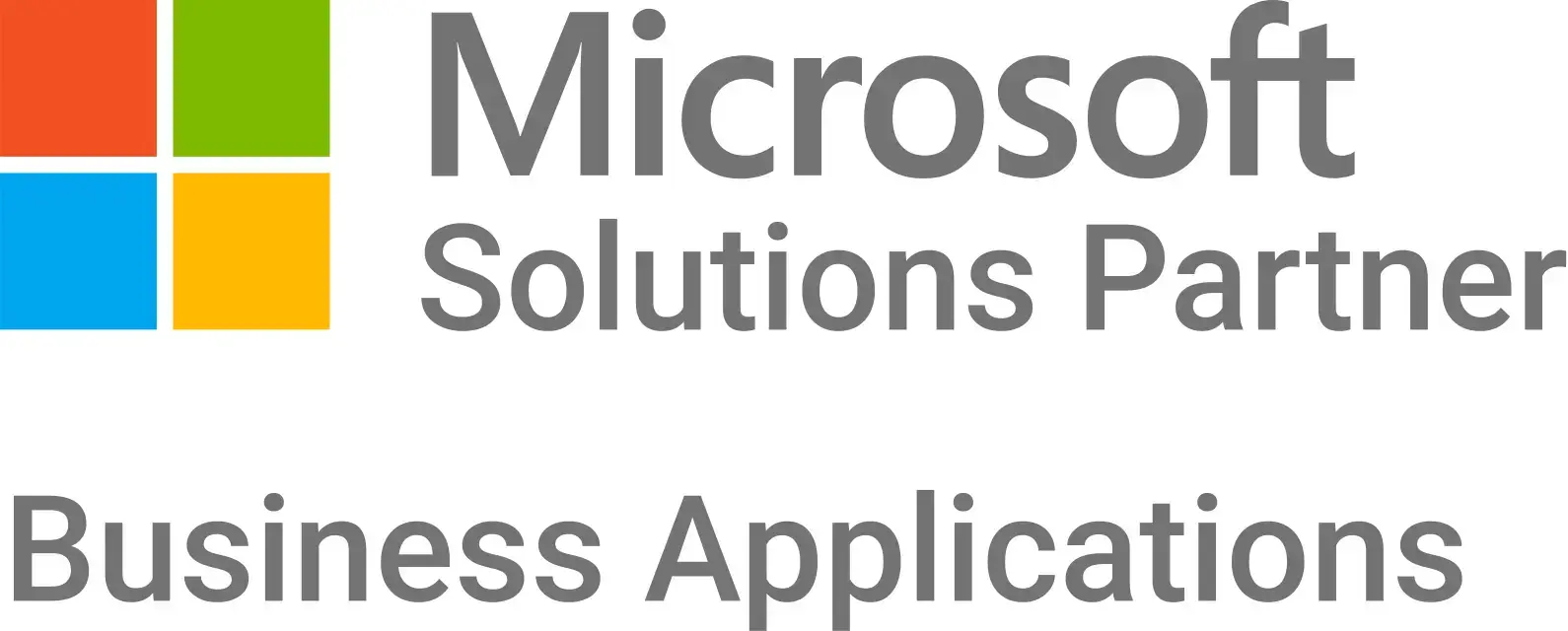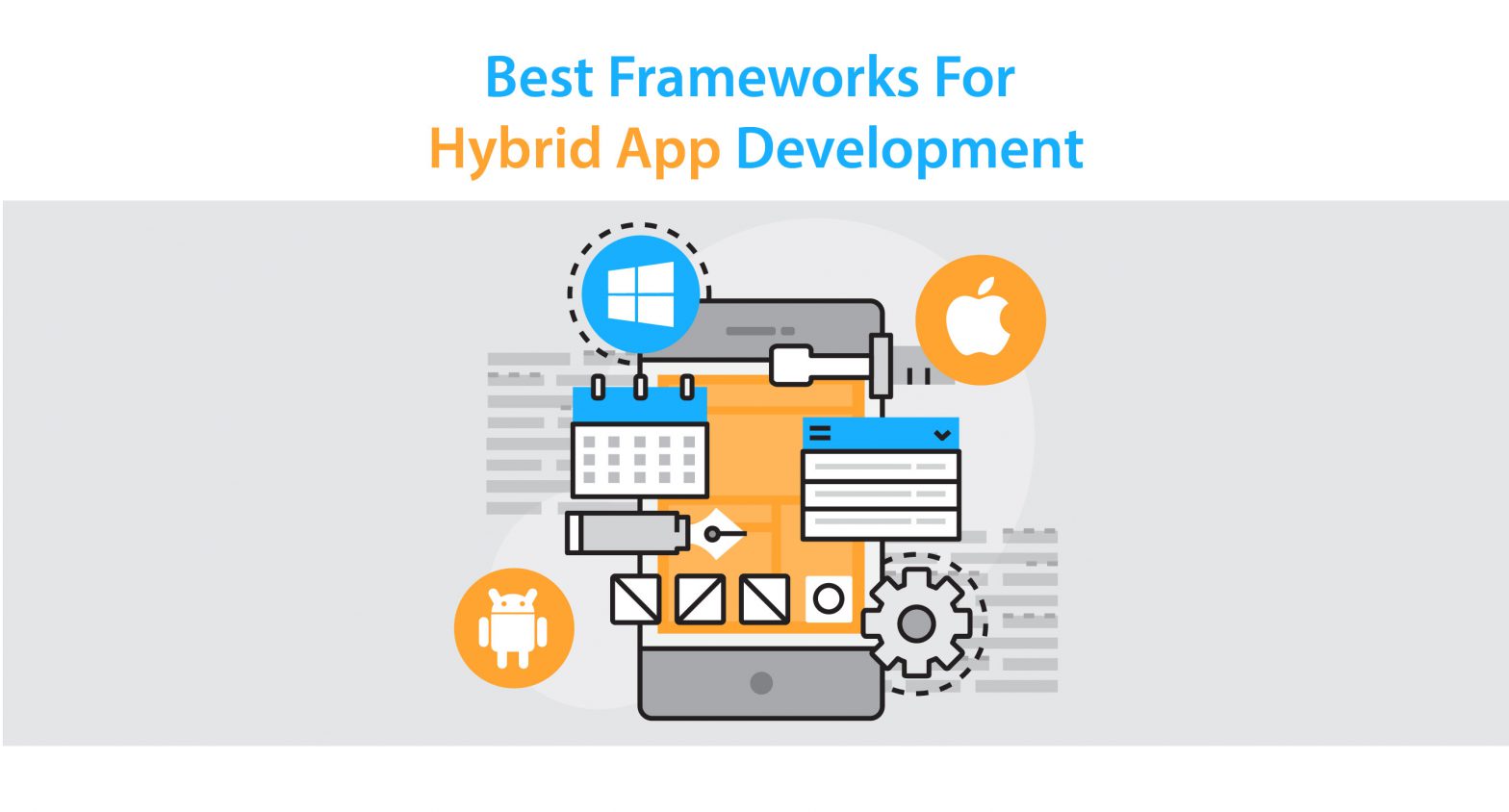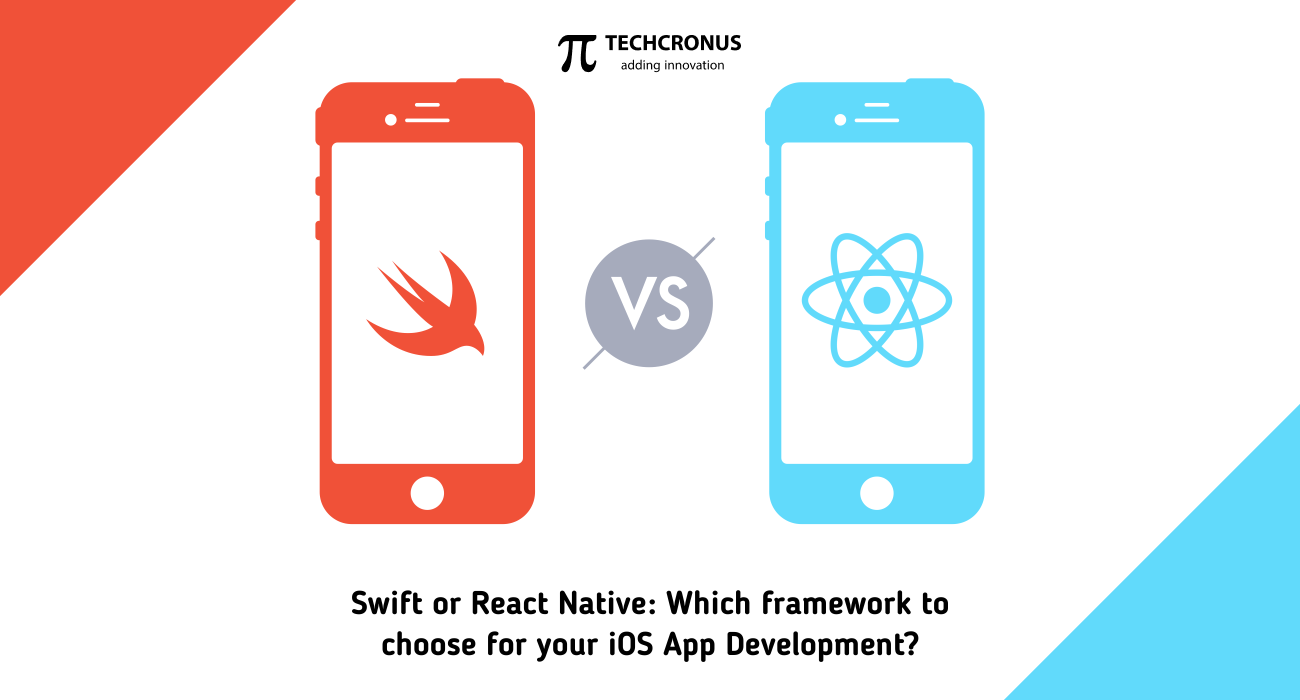The digital world is inflating at an unstoppable speed. Technologists are continuously working to upgrade the current systems deployed and techniques used. Talking about app development, we have seen many new frameworks coming in the world which offer to be the hybrid app development platforms to make the developers’ lives easier.
Choosing the best framework for your application development needs amongst number of available frameworks is not so easy. Being one of the most experienced hybrid app development service providers, we suggest you to evaluate following options.
Table Of Contents
React Native
React Native tops our list of best frameworks for hybrid mobile app. It is a JavaScript framework built and maintained by Facebook, which allows the developers to build cross platform apps with minimum amount of development effort. Moreover, the platform offers the native like experience for end users. The apps you build with React Native aren’t mobile web apps because React Native uses the same fundamental UI building blocks as regular iOS and Android apps. Furthermore, React Native exposes JavaScript interfaces for platform APIs, so a React Native app can access platform features like the phone camera, GPS or sensors.
There is a large community of React Native app developers who can help you in case you reach the state called deadlock in your application development project. The framework is not advisable for beginners as it requires advance JS knowledge but the huge community encourages the developers to explore the framework.
Ionic
Ionic is next popular hybrid mobile app framework in the list which is able to develop apps similar to the native apps. Ionic is an open-source HTML5 development framework for building hybrid mobile applications. The framework has gained a lot of popularity in the present times and the result is amazing if it is combined with AngularJS.
Ionic is excellent for building basic native functionalities within an application to run on devices having different operating systems. The framework also makes development fast and cost-efficient and reduces the need for maintenance as you have to write a single code for running the app on web and mobile platforms. Moreover, the command line interface is provided with number of useful features.
PhoneGap
PhoneGap app development is the exceptional framework which can be sued for hybrid app development. It was originally created by Nitobi and then was taken over by Adobe. Using PhoneGap, developers who have experience in web technologies like HTML, CSS, and JavaScript can easily create cross-platform apps.
PhoneGap also offers Build service wherein you can create app-store ready apps without the headache of maintaining native SDKs as the apps are complied directly in PhoneGap cloud. PhoneGap has an extensive plugin library where you will find almost all plugins which you need for your app development and you can always take help from large community of PhoneGap
Framework 7
Framework 7 is a free and open source framework to develop mobile, desktop or web apps with native look and feel. When you use this platform, you don’t have any external dependencies which make the process agile and swift. Apps developed are dynamic and they look similar to the native apps. The in-built animations and styling components makes the app pleasing and likeable. It is very simple to use and offers a great performance. It can easily be easily used with any of the JavaScript frameworks like Angular or React.
Xamarin
Xamarin app development is considered as one of the best tools for developing cross-platform apps. The application user interface of Xamarin uses native controls on each platform. The reusability features and the functions and tools make the process quick and help in saving a significant amount of time.
However, as Xamarin is owned by Microsoft, you need to have a Visual Studio license in order to use Xamarin framework.
Onsen UI
Onsen UI is a relatively new open-source UI framework and components for HTML5 hybrid mobile app development, based on PhoneGap / Cordova. It contains the large collection of ready to use components. The developers are able to write apps in JavaScript and HTML5 and it can be also combined with Cordova and Phonegap in order to develop the fully featured app. It is easy to use, free and flexible as well. Onsen has great documentation to offer which includes lots of examples and layouts for the app structures.
The only disadvantage with onsen is that it currently offers only iOS theme, but in next version it promises to offer more design support.
Mobile Angular UI
Mobile angular UI is the open source framework which is licensed and can be used for free under MIT. It combines Bootstrap 3 and Angular framework to build HTML5 mobile applications. However, there is no dependency on the bootstrap libraries and jQuery. There are number of UI components such as navbars, scrollable areas, overlays, switches and much more which helps the developers in building seamless mobile applications. Users will be offered with the intuitive and attractive UI.
Conclusion
Of course, this is not a complete list as there are number of hybrid app development frameworks available in the market today. If you’re planning to develop a mobile application, choosing the hybrid model will save you time and money as well as you can reuse the code for creating a web application.
Hybrid app development is not the perfect solution always, but hybrid apps are a good choice for developing small-mid size apps, for example. Hire an experienced hybrid app development team at Techcronus who can guide you to choose the right framework and launch a successful app for your business.
















 Get Started
Get Started
